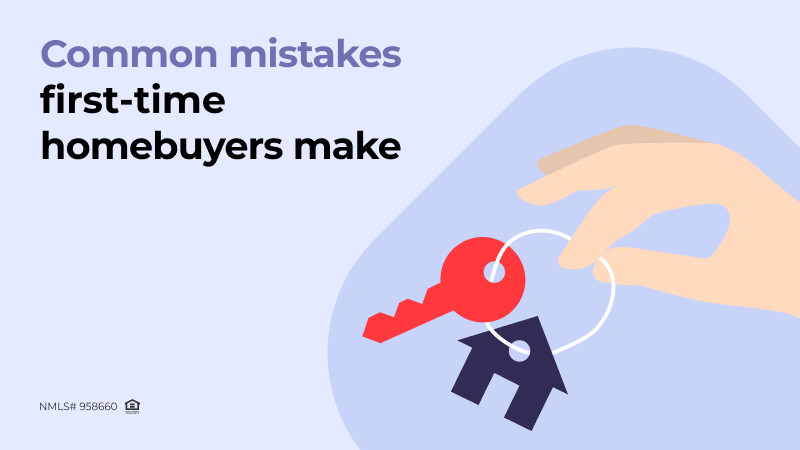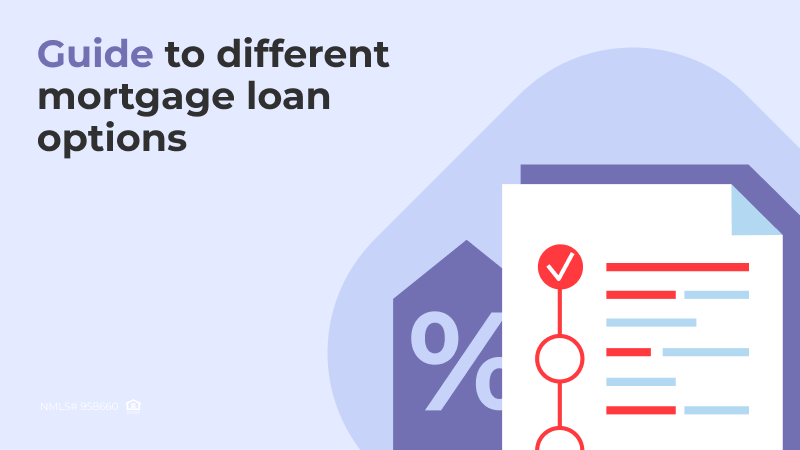
Have you heard about the Federal Reserve’s plans to begin cutting interest rates in September 2024? This news has got homeowners buzzing about refinancing their mortgages. Lower interest rates mean lower monthly mortgage payments. If you’re currently paying a higher interest rate, refinancing could save you a significant amount of money over the life of your loan. Historical events support this theory, with Liberty Street Economics reporting that “homeowners who refinanced in 2020 and 2021 benefitted from historically low interest rates and will be enjoying low financing costs for decades to come.” But is it really worth it to refinance your mortgage? The answer is a resounding “it depends.” It’s important to weigh the potential benefits against the costs and decide what’s best for your financial situation.
Let’s take a closer look at what refinancing is, when it’s a good time to refinance, and how to make the right refinancing decision.
What is refinancing?
Refinancing is the process of replacing your current mortgage with a new one. Simply put, it is when you take out a new mortgage to pay off your old one. Think of it as a way to reset the clock on your mortgage journey. You’re replacing your old loan with a new one with different terms.
Why would you want to do that? There are several reasons. One of the most common is to lower your monthly payments. When interest rates go down, refinancing can be a great way to reduce the amount you pay each month. This can free up extra cash for other expenses or save you money in the long run.
Another reason to refinance is to shorten the term of your mortgage. By refinancing to a shorter term, you can pay off your mortgage faster. This can save you money on interest and give you a sense of financial freedom sooner.
Refinancing can also be a way to consolidate your debt. If you have high-interest debt, such as credit card balances, refinancing can help you pay off that debt at a lower interest rate. This can improve your credit score and reduce your overall financial burden.
Finally, refinancing can be a way to access equity in your home. If the value of your home has increased since you bought it, you may be able to refinance and borrow against the equity. This can be a way to finance home improvements, pay for educational expenses, or even start a business.
Does that sound enticing? Wait, there’s more to consider!
When to refinance?
As they say, everything comes in its own time. And that’s especially true when it comes to refinancing. The best time to refinance your mortgage is when interest rates are lower than your current rate. This means that you can secure a new loan with more favorable terms, potentially saving you money on your monthly payments. For instance, a study by Freddie Mac found that homeowners who refinanced in 2020 and 2021 saved an average of $2,800 per year.
To determine if now is a good time, keep an eye on interest rate trends. You can find this information on various financial news websites or by consulting with a mortgage professional.
Additionally, if you’ve improved your credit score since taking out your original mortgage, you may be eligible for a lower interest rate. A better credit score can make you a more attractive borrower to lenders, which can lead to more favorable loan terms.
Finally, the length of time you’ve lived in your home can also play a role in determining whether it’s time to refinance. If you’ve owned your home for several years and have built up equity, you may be able to refinance and lock in a lower interest rate for a longer period of time.
Generally, the answer really comes down to math. Experts recommend refinancing if you can lower your interest rate by at least 0.75-1 percentage point. This could add up to significant monthly savings and allow you to recoup the upfront costs of refinancing, such as closing fees, in 12-24 months. However, if you plan to move or sell your home soon, the math may not work in your favor.
Factors to consider when refinancing
Before you rush to refinance, there are some more key factors to consider that could affect your decision. One of the most significant factors is the closing costs associated with refinancing. These costs can include fees for appraisals, title searches, and loan origination. For example, Bankrate states that “you can expect to pay between 2 percent and 5 percent of the new loan balance in closing costs.” According to Freddie Mac, “The average closing costs on a refinance are approximately $5,000.” While you may save money on your monthly mortgage payments, it’s essential to weigh these upfront costs against the potential long-term savings.
Another factor to consider is the interest rate lock period. When you refinance, you’ll typically lock in an interest rate for a specific period. If interest rates drop after you’ve locked in your rate, you may miss out on potential savings. Therefore, it’s important to carefully consider the timing of your refinance and the length of the lock-in period.
Additionally, the loan term of your new mortgage can have a significant impact on your monthly payments and overall cost of borrowing. A longer loan term can lower your monthly payments but may also increase the total interest you pay over the life of the loan. Conversely, a shorter loan term can result in higher monthly payments but may save you money on interest in the long run.
Finally, it’s important to consider your financial goals and overall financial situation. Refinancing can be a great way to save money on your mortgage, but it’s essential to ensure that it aligns with your broader financial objectives. For example, if you’re planning to sell your home soon, the costs of refinancing may outweigh the potential benefits.
Tips for smooth refinancing
If you’ve decided that refinancing is the right choice for you, here are some tips to help you get the most out of it:
- Use online refinance calculators (e.g., Fannie Mae’s Mortgage Refinance Calculator) to estimate how much you could save by refinancing, taking into account your current interest rate, remaining loan term, and the new interest rate you could qualify for.
- Check your credit score. If your credit score is low, consider improving it before applying for a refinance.
- Get quotes from several lenders to compare rates and fees. Be sure to ask about closing costs, origination fees, and any other charges that may apply.
- Consider your remaining loan term. The longer you have left on your loan, the more you could potentially save by refinancing.
- Be aware of prepayment penalties. Some lenders charge prepayment penalties if you pay off your loan early. If you’re considering refinancing, be sure to ask about any prepayment penalties that may apply.
- Make sure the savings from a lower interest rate outweigh the closing costs associated with refinancing.
- Keep an eye on interest rates and refinance when you can get a significantly lower rate.
What about the Federal Reserve’s upcoming rate cuts?
The Federal Reserve is expected to start lowering interest rates in September 2024. This means that mortgage rates could go down as well. If you’re thinking about refinancing, it may be worth waiting a few months to see if rates drop further.
Refinancing can be a great way to save money on your mortgage. However, it’s important to do your research and thoroughly weigh the pros and cons before deciding. If you’re considering refinancing, talk to a mortgage broker to see if it’s the right move for you and get a personalized quote to have a clearer picture.



